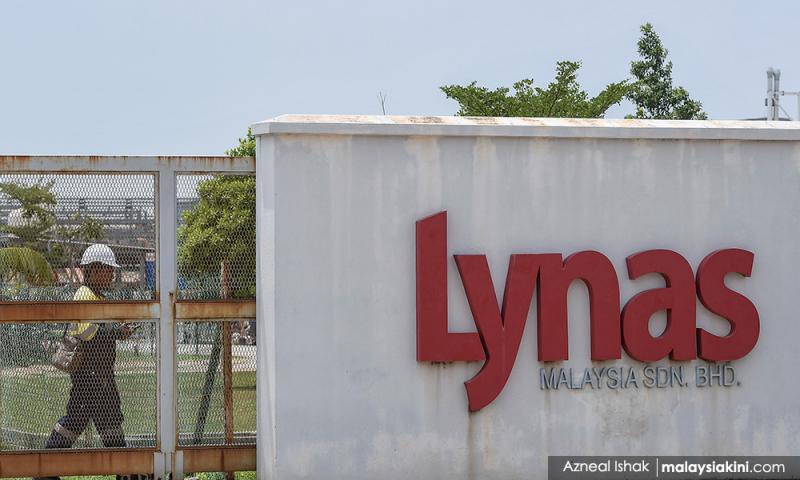Lynas M'sia sticks to rules to keep environment safe - report
As part of its 2025 growth plan, the Lynas Advanced Materials Plant in Pahang is to relocate the first stage of its operations - cracking and leaching - to Western Australia as announced on May 21 this year.
According to the Lynas Sustainability Report 2019, the relocation is required to be completed within four years under Lynas Malaysia’s new licence.
“Once the transition to Western Australia is complete, Water Leached Purification (WLP) residue will no longer be produced in Malaysia,” the report said.
The report said Lynas Malaysia commissioned numerous studies by independent researchers which demonstrate that WLP, Neutralisation Underflow Residue (NUF) and filler material can be used in a soil conditioner product known as Condisoil, which it said is safe and commercially beneficial.
However, as part of the renewal of Lynas Malaysia’s operating licence announced on Aug 15, Lynas will no longer pursue commercial reuse of the material and will instead build a permanent deposit facility for WLP, it said.
However, a long-term plan has been agreed for NUF residue, including commercialisation and permanent storage options, it added.
“In line with our commitment to ensure that our effluent discharge is safe for the environment and does not affect human health, we comply with the Department of Environment’s stringent regulatory standards,” the report said.
The report also said that Lynas Malaysia continually strives to minimise water usage in its operations and throughout its supply chain in order to protect the environment, reduce costs and ensure its future resilience.
It said that following intermittent water supply issues last year, a larger, third water storage pond was constructed and became operational in the March 2019 quarter.
“A dedicated water flow meter has been installed to process the incoming scheme water (city water, provided by the local water utility provider), enabling us to precisely monitor water consumption.
“Lynas Malaysia has two process water ponds, with a capacity of 6,000 cubic metres, which supply water to the plant as needed at a rate of approximately 400 cubic metres per hour,” the report said.
It also said that the Lynas Malaysia plant has lodged a decommissioning plan with the Malaysian Atomic Energy Licensing Board, setting out its plans for decommissioning, rehabilitation and closure of the Lynas Malaysia plant at the end of its operating life.
- Bernama
RM12.50 / month
- Unlimited access to award-winning journalism
- Comment and share your opinions on all our articles
- Gift interesting stories to your friends
- Tax deductable

 Bernama
Bernama